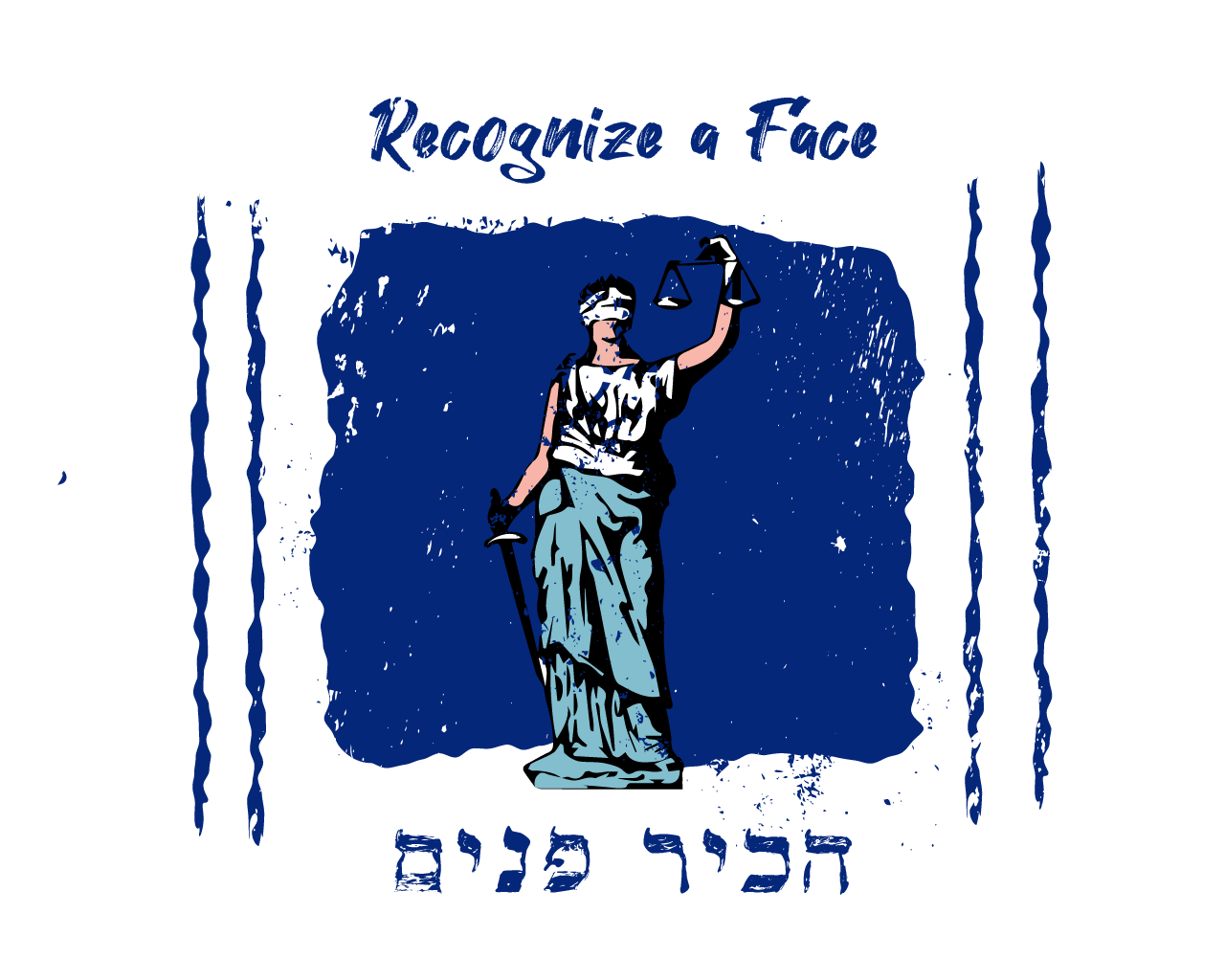When God commands us to "show no partiality" (James 2:1), what does he mean? Is this partiality like a father who gives a favorite child more allowance than the others?
In Biblical Hebrew, the idiom for "show partiality" translates literally as "recognize a face".
הכיר פנים
hiḵiyr panim
Lexicons define this phrase as "be a respector of persons, be partial".
Where does "Recognize a Face" Occur?
Here are the instances of this phrase in Deuteronomy, my most recent project for work:
Deut 1:17 - You shall not show partiality in judgment
Deut 10:17 - For Yahweh your God is the God of gods and the Lord of lords, the great, the mighty, and the fearsome God who does not show partiality nor take a bribe.
Deut 16:19 - You shall not distort justice; you shall not be partial
Other notable occurrences are Pr 24:23 and 28:21. Most occurrences are related to justice and legal cases, evoking the "justice is blind" image. It is interesting that Hebrew legal code includes idioms, as today we would expect our legislation to be straightforward and unadorned.
How are Ancient Near East Legal Codes different from Ours?
Mosaic law is similar in structure and philosophy to other Ancient Near East law codes. Hittite law and the Code of Hammurabi in particular have striking similarities to the Pentateuch. These codes of law are wrapped in other genres, such as the narrative-history of Deuteronomy or the invocation of deity in the Code of Hammurabi.
While we conceive of law as binding rules used in courts, the ancients viewed law as independent of the court system and harmonious with wisdom. For the ancients, law was not a separate genre, but part and parcel of a way of life, religion, and ancestral history. In the U.S. today, a parallel example might be if George Washington wrote a biography on the founding of this country that weaved in the Constitution, and then citizens treated the articles of the Constitution as general guidelines.
So, a better description of Mosaic law would be wisdom-laws rather than a code of laws. Moses uses idioms and figurative speech because the Pentateuch is as much a literary work as it is an exposition of who Yahweh is and what his laws are.
Why does Moses use the idiom "Recognize a Face"?
In Biblical Hebrew, "face" refers to an individual's entire identity, especially in an outward-facing sense. From this idiom, we understand that to show partiality is to recognize someone's face—their status before others—over their deeds. So, avoiding partiality requires a level of blindness.
In what ways is God's justice blind? It's not a physical blindness. Lady Justice cannot see, but the Just God does see. Yahweh's justice requires seeing. He requires his chosen people to see deeds, whether they are good or evil.
But, Yahweh's justice is also a disciplined un-seeing. "Not recognize a face" evokes a willful face-blindness, a determined un-recognition. Yahweh's Justice strips away the trappings of identity—rank, wealth, connections. Before the Throne of Justice, deeds are recognized, but not your "face."




